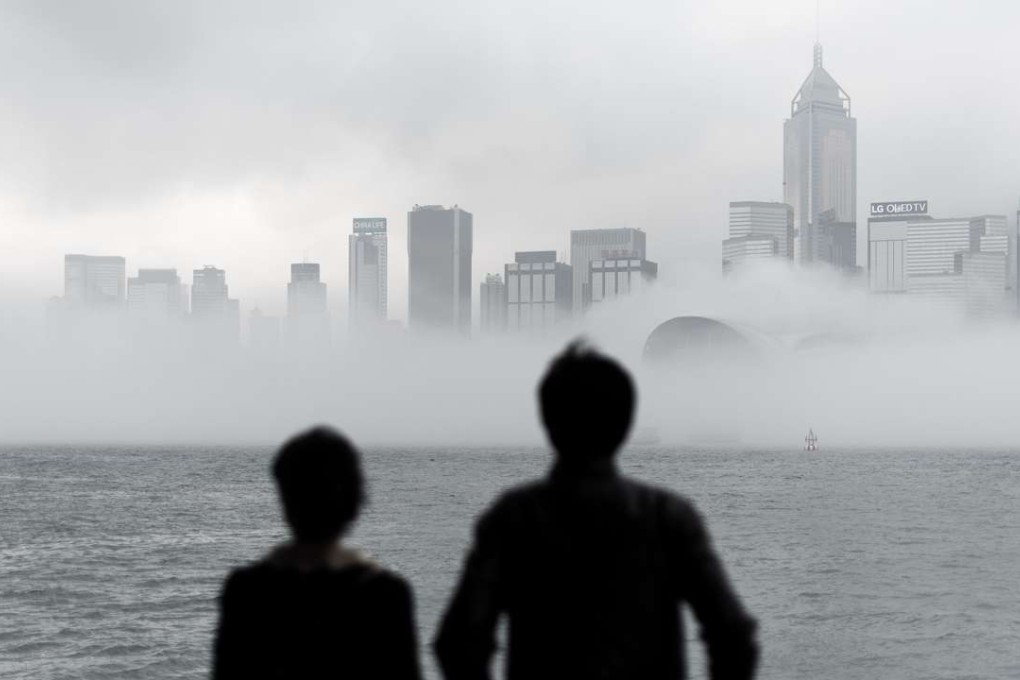In Hong Kong, too many young lives are being cut short by loss of trust and hope for the future
Christian Chan and Amos Cheung says recent youth suicides should focus our minds on helping young people build up their resilience and sense of control towards a viable future

We weep with the city as we learn of the tragedies of young people ending their own lives. Even one is too many, let alone 20. We, too, were once young. We can only imagine how hopeless these young souls must have felt; that they saw absolutely no other way out.
READ MORE: Hong Kong’s Students of the Year past and present discuss youth suicide, academic achievement and the pursuit of excellence
The needs of adolescents are often neglected. They have neither the attention-getting cuteness of infants and young children, nor the resources of adults to get what they need. We too easily explain away adolescent problems as transient; that it is just a matter of time for them to be “outgrown”. Adults may not fully appreciate the level of competition, stress and unique challenges that our young people face today. We dismiss them because we think, “If we were able to survive all those when we were young, why can’t they?”
Adults may not fully appreciate the level of competition, stress and unique challenges that our young people face today
The adolescent brain is a work in progress. It is vulnerable to stress. Our minds can be trained to be resilient but it takes time and practice. Young people should be given opportunities to try things out and, yes, fail at them without detrimental and irreversible penalties. When the environment is unforgiving, we don’t get the chance to take risks, fail and learn to bounce back.
Our minds are also sensitive to relationships. When young people are confident that they are loved and respected, they are less afraid of rejection, they are more confident, and they handle stress better. Are our youth loved and respected? Are they being heard?
READ MORE: Review into spate of suicides in Hong Kong should be expedited

We call on all sectors of our society to take part in this; not just parents and schools but also religious groups, politicians, business communities, and the entertainment industry. Work on giving hope
We ought to reconsider where our hope lies. Do our youth believe that there can be a better future? Hope must also entail the belief that one can actively build a better future. What can we do to help equip young people with such a sense of agency? We call on all sectors of our society to take part in this; not just parents and schools but also religious groups, politicians, business communities, and the entertainment industry. Work on giving hope.
We also ought to work on building a sense of community. Can we create a learning environment where students are collaborators, not competitors? Can we create neighbourhoods where people can lend a helping hand without fear? Can we create a society where all occupations are respected, and everyone can earn an honest living? Can we create a culture where people do not have to fend for themselves, alone? Can we tame our cutthroat culture, where a minor blunder often results in perpetual ridicule, such that people, young and old, do not treat failure as a death sentence?
READ MORE: Students at breaking point: Hong Kong announces emergency measures after 22 suicides since the start of the academic year
